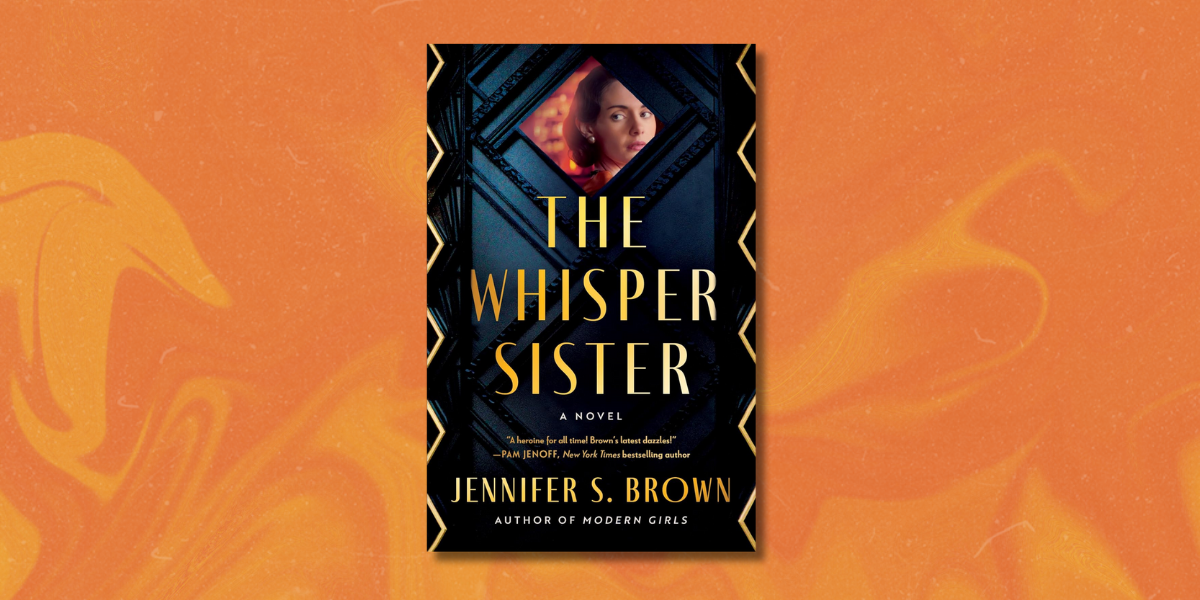Books
‘The Whisper Sister’

The Whisper Sister
By Jennifer S. Brown (Lake Union Publishing)
Did you know that during Prohibition, a woman who ran a secret speakeasy was known as a “Whisper Sister”? In The Whisper Sister, author Jennifer S. Brown revisits the era explored in her debut novel, Modern Girls, introducing Minnie Soffer, a Jewish immigrant who becomes one of the “sisters” when she takes over her father’s illegal bar.
Brown’s novel spans the years of Prohibition (1920-1933), starting with 10-year-old Malka—later Minnie—arriving in America with her mother and brother in 1920. Malka barely recognizes her father, Yitzhak, who had immigrated years earlier and who reunites with his family at Ellis Island. He has shaved his beard and changed his name to Ike, and he has a mysterious job in New York City’s Jewish underground.
The first half of the book portrays life on the Lower East Side and the family’s poverty. At age 12, Minnie works a miserable job in a textile factory. By 16, she’s pouring drinks at her father’s bar.
The second half of The Whisper Sister is a page-turner, as Minnie takes over her father’s bar due to circumstances I won’t spoil here. Suffice it to say that, mid-book, I was reading through tears.
Forced to leave school before graduation, Minnie is caught between the expectation of marriage and motherhood and the independence and escape from poverty allowed by her illicit career. “You will be a secretary, Mama had always told her. Good matches you will make. Beautiful grandchildren you will give me.”
How can there be marriage and children, Minnie thinks to herself, if there’s no money?
Minnie’s entrée into New York City’s underworld, “the Under Shtik” as Ike calls it, is peppered with real-life personalities, among them gangsters Meyer Lansky and Lucky Luciano. She visits famous nightspots, like the Cotton Club, to learn how to convert Ike’s bar—“a gritty gin joint, a blind pig, with…sawdust littering the ground”—into a true speakeasy.
Full of excitement and forbidden love, Brown’s novel also sensitively portrays Minnie’s deep connection with her religion and culture. She struggles with choices that lead to a lifestyle outside the confines of Jewish society, but she also stops by synagogue every Friday to secretly drop some of her ill-gotten profits into the tzedakah box.
Minnie’s story concludes in a mostly happy, albeit unexpected, way. If Brown’s first two novels are any indication, I eagerly look forward to more tales from this author.
Elizabeth Edelglass is a fiction writer, poet and book reviewer living in Connecticut.










 Facebook
Facebook Instagram
Instagram Twitter
Twitter
[…] looking forward to reading: Jennifer S. Brown’s second novel, The Whisper Sister (reviewed for Hadassah by another friend, Elizabeth Edelglass); and On a Chariot of Fire: The Story of India’s Bene […]